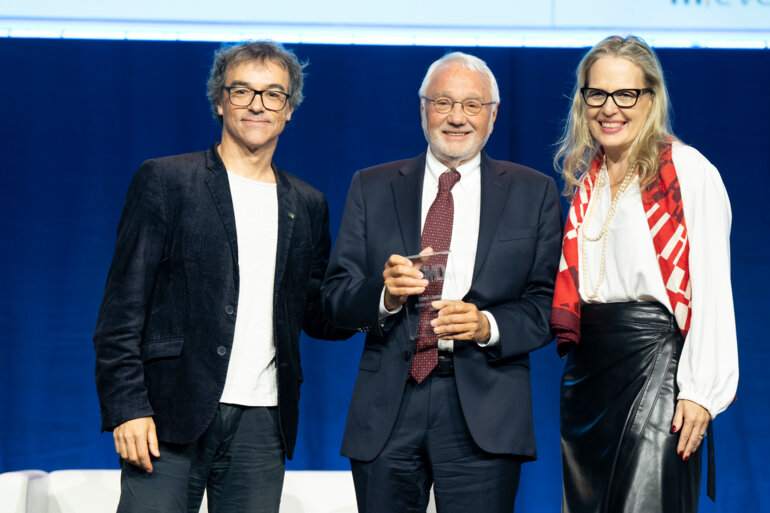Malignant pleural mesothelioma is a rare and fatal disease with very little improvement in survival in recent years, mirroring very limited therapeutic advances. After a long-awaited time, improvement in patient survival was achieved with the introduction of nivolumab plus ipilimumab in the first-line setting, as demonstrated in the CheckMate 743 trial.
At the annual ESMO Congress this year, 3-year overall survival (OS) data were presented with longer survival for patients receiving immunotherapy compared with standard chemotherapy. Moreover, for mesothelioma, a longer right tail of the survival curve in the immunotherapy arm was shown, in line with previous studies in patients with melanoma and non-small-cell lung cancer (Lancet Oncol. 2019 Sep;20(9):1239-1251; N Engl J Med. 2019 Oct 17;381(16):1535-1546; J Clin Oncol. 2021;39(suppl 15):9016). This demonstrates immune system memory to fight mesothelioma in the long term. In addition to the presentation of results of treatment with conventional therapies, we have also seen reports of novel treatments this year, such as in Abstract 959O, where the authors demonstrated that the use of T cells transduced with a modified T-cell-receptor targeting mesothelin could be efficient in patients with mesothelioma. Despite these results being preliminary, these data underline the importance of new strategies for this disease.
In addition, molecular features of mesothelioma have been revealed using next-generation sequencing of the largest cohort ever analysed, consisting of more than 1,000 mesothelioma samples. The analysis identified a proportion of patients with targetable alterations, opening new treatment options for patients with mesothelioma (Abstract 1734P).
Despite being rare, mesothelioma represents a major challenge for clinicians, but findings presented at this ESMO Congress have the potential to open new options for diagnosis and treatment with the aim of improving patient outcome.






